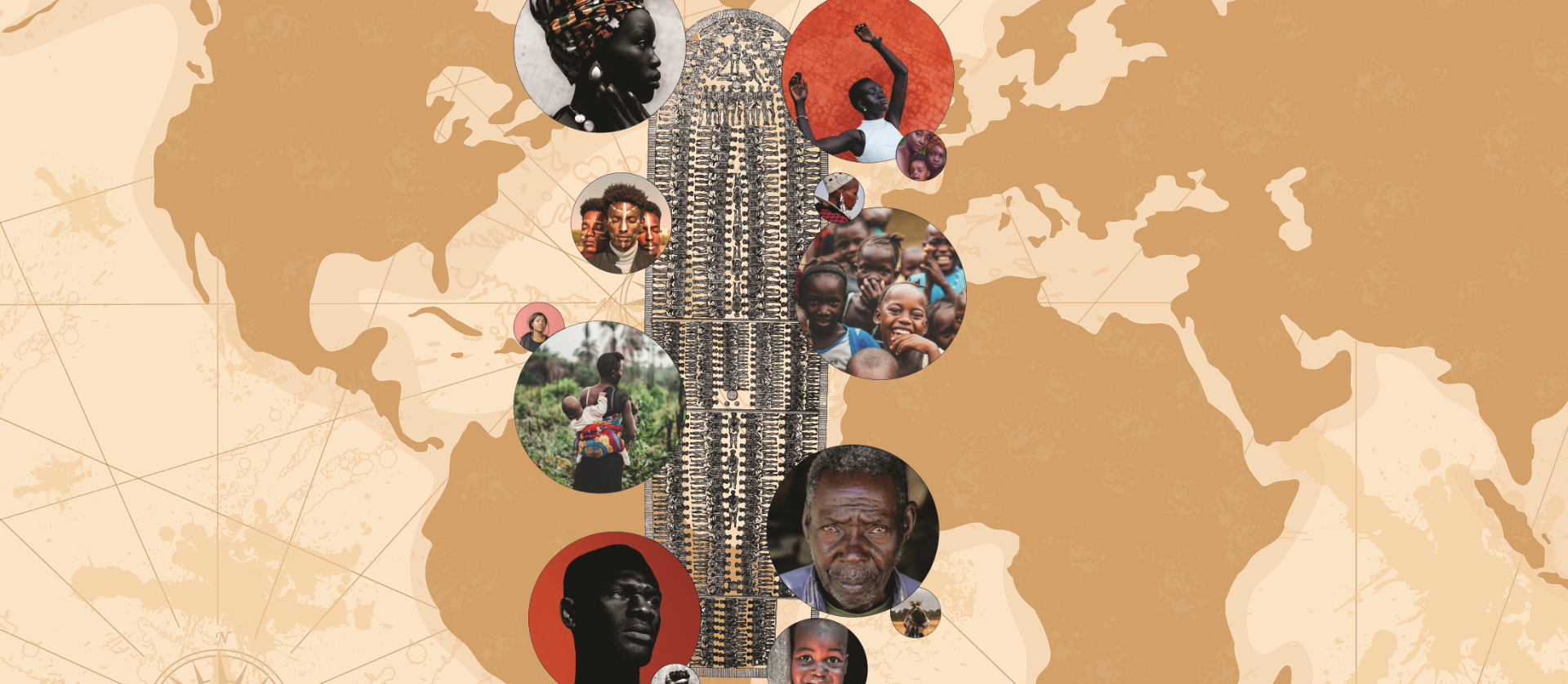Middle Passage Sunday
Gathered in 1669, Old South Church in Boston continues to research, name and account for a history which includes radical abolitionists and the first anti-slavery tract on this soil (1700), AND many early ministers and members who were enslavers, who benefited from the forced enslavement and unpaid work of countless persons of African descent. Since 2015 the church has held an annual Sunday of remembrance in which the names of African members from the 1600s, 1700s and early 1800s are read aloud and their lives remembered. The names of these members (few of whom were buried in marked graves) are etched onto brass leaves on the church's Memorial Tree.
This year, the ceremony will be held during 11am Festival Worship on Sunday, August 24th. In the lead up to the day, we will have a space for remembrance, contemplation and education: the Middle Passage Installation of Remembrance.
The installation consists of a large banner (17' x 10') featuring the image of human persons packed as cargo into a ship. Juxtaposed to this cruel, dehumanizing practice, are bold images -- faces and families -- of those who might be the descendants of enslaved persons, or what these persons might have looked like before having been enslaved. The installation includes a map showing the Triangular Trade Route over which captive people were transported and sold, as well as the quote (below) from the UNESCO Director-General.
The United Nations has designated August 23rd the International Day for the Remembrance of the Slave Trade and its Abolition. “The slave trade is not merely a thing of the past -- it has shaped the world we live in, it has molded the face of modern societies, creating indissoluble ties between peoples, irreversibly transforming economies, cultures and customs across the world,” said UNESCO Director-General Irina Bokova. “The slave trade concerns not only people of African descent but the whole of humanity.”
Latest News
By Rob Gabler, Clerk | November 11, 2025 Council Meeting Report
Church Council on Tuesday, November 11, 2025 was the setting for early 2026 budgetary…
By Kate Silfen, Church Historian | October 14, 2025 Council Meeting Report
Council members received several important updates at our October meeting…







